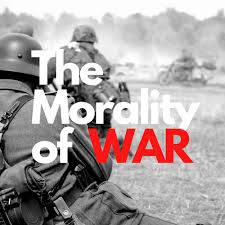The world becomes more competitive as each day passes, along with the need to stand out. Good study skills matter now more than ever, and there are several evidence-based learning strategies that one can follow to study productively and achieve long-term learning. Effective study techniques force us to challenge ourselves, use a lot of cognitive effort and actively engage with the study material.
A constructive way to study would be to survey the material first, go through questions, then read the material to find answers and understand the concepts. Following this, research suggests techniques to train one’s brain to learn effectively. Learning strategies like active recall, spaced repetition and interleaving are backed up by science and proven to be the key to long-term learning.
Quizzing involves recollecting learnt information from memory and assessing a student’s knowledge at each step of the revision process. You cannot peek at the answers and must come up with it yourself, even if it is mentally taxing. Unsuccessful recollection of learnt material enhances future attempts at learning. By going through tests, the brain gets used to answering questions from memory. This practice will eventually be of benefit during examinations. A study by psychologist J.D. Karpicke showed that people who used active recall remembered new material 46% better than others.
Spacing is a methodical memorization technique. It involves reviewing study material based on a schedule set across specific intervals over a period. Research suggests that spacing is a way of battling the ‘forgetting curve’, a graph that hypothesizes how learnt information slips out of our memory over time. Reviewing learned information right before we forget helps us grasp the material faster. The more one revises the material, the more space the time intervals become and the more information one can retain.
Mixing is a study technique in which students switch between subjects or topics after time intervals to enhance their learning process. Psychological studies show that interleaving aids in developing categorization and critical thinking skills. It also leads to long-term retention and increased ability to transfer learned knowledge.
Knowledge is the one true asset any individual can possess. Hence, we must use our time wisely and incorporate a combination of strategies to enhance our learning. Effective studying does take a lot of effort but is proven to yield excellent results. It is a way to implement working smart, which may manifest desired results in the long run.





